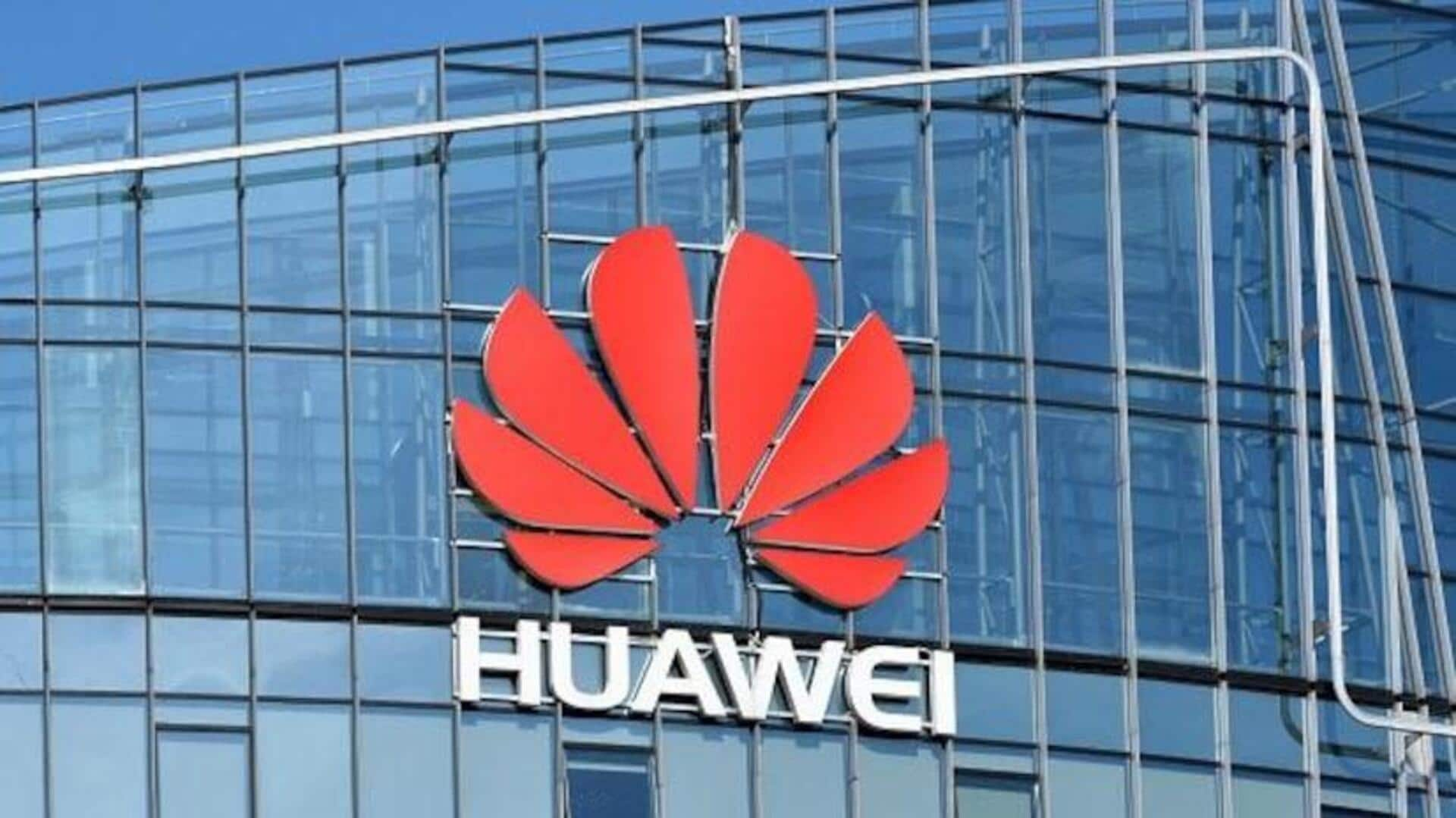
Huawei admits its AI chips lag behind US peers
What's the story
Huawei's CEO Ren Zhengfei has admitted in an interview with China's state-run People's Daily newspaper, that the company's AI chips are one generation behind their American counterparts. However, he assured that the company is working on improving their performance through techniques like cluster computing. Ren remains optimistic about Huawei's future in chip technology and its ability to overcome challenges posed by US export controls.
Investment
Huawei invests $25B in research annually
Ren revealed that Huawei invests a whopping CNY 180 billion (around $25.07 billion) in research every year. He also expressed optimism about the potential of compound chips—those made from multiple elements. The statement comes as US and Chinese officials are set to continue trade talks in London, where US technology restrictions on China are likely to be discussed.
Trade tensions
US export restrictions block Huawei's access to advanced chips
Since 2019, a series of US export restrictions have prevented Huawei and other Chinese companies from accessing high-end chips and the technology to manufacture them abroad. These measures were introduced to prevent China from advancing its technological and military capabilities. Ren's comments are the first from him or Huawei on their advanced chipmaking efforts, which have been a major point of contention in US-China relations.
Perspective
US has exaggerated Huawei's achievements, says Ren
Ren downplayed the US's perception of Huawei as a leading Chinese chipmaker. He said, "The United States has exaggerated Huawei's achievements. Huawei is not that great. We have to work hard to reach their evaluation." Ren further explained that while their chips still lag behind the US by a generation, they are using mathematics and cluster computing to improve performance.
AI competition
Huawei's AI chips compete with NVIDIA's
Huawei's Ascend series of AI chips takes on those from NVIDIA, which is the global leader in the field. To recall, the company launched "AI CloudMatrix 384" in April—a system linking 384 Ascend 910C chips for training AI models—which some analysts say can outperform NVIDIA's GB200 NVL72 system on certain metrics. In retaliation, last month, the US Commerce Department ruled that using Ascend chips would violate export controls.